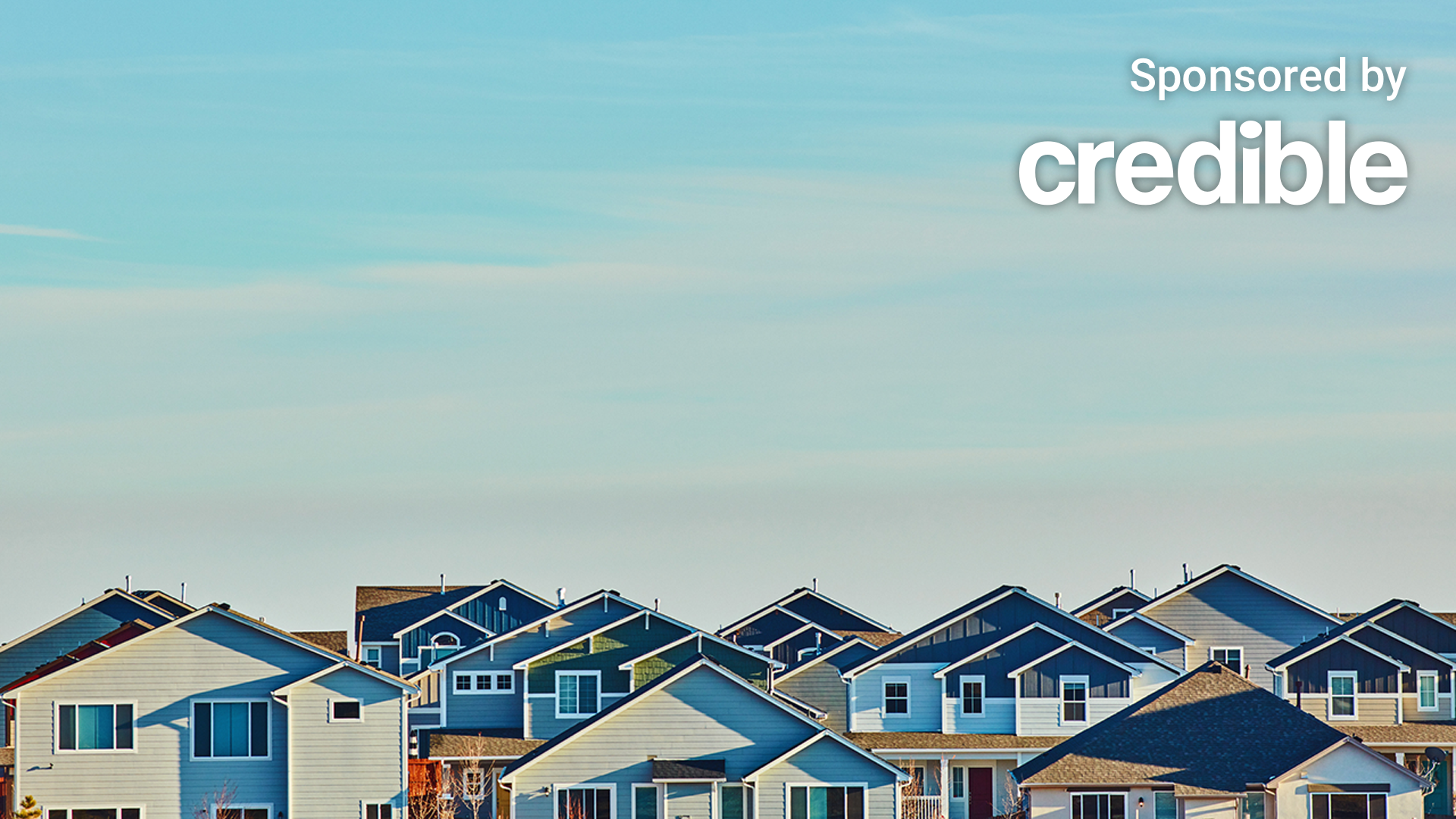Personal Finance
Mortgage rates dip lower on positive inflation news, hold at near 7%: Freddie Mac

Mortgage rates topped 7% again this week, but April inflation numbers are a promising step toward relief, according to Freddie Mac.
The average 30-year fixed-rate mortgage was 7.02% for the week ending May 16, according to Freddie Mac’s latest Primary Mortgage Market Survey. That’s a drop from the previous week when it averaged 7.09% but still up from 6.39% a year ago.
The average rate for a 15-year mortgage was 6.28%, down from 6.38% last week and up from 5.75% last year.
April’s inflation figures released on Wednesday showed a slowdown in consumer prices. On an annual basis, prices rose 3.4% in April, a slight softening from the 3.5% growth last month and in line with expectations.
On a monthly basis, prices increased 0.3% after rising 0.4% the previous month and registering below the 0.4% growth economists projected. The progress puts to rest concerns over a reignition of inflation and how the Federal Reserve might react. It also reaffirms the central bank’s narrative that cuts in interest rates will happen this year, which could help stabilize mortgage costs.
“Mortgage rates decreased for the second consecutive week,” Freddie Mac’s Chief Economist Sam Khater said. “Given the news that inflation eased slightly, the 10-year Treasury yield dipped, leading to lower mortgage rates. The decrease in rates, albeit small, may provide a bit more wiggle room in the budgets of prospective homebuyers.”
If you are ready to shop for the best rate on a new mortgage, consider visiting an online marketplace like Credible to compare rates and get preapproved with multiple lenders at once.
HOMEOWNERS COULD SAVE TENS OF THOUSANDS IN DAMAGES BY USING SMART DEVICES
The size of your down payment matters
The average mortgage rate for new origination in the first quarter of 2024 was roughly three percentage points more than the average outstanding rate during the same period, Realtor.com said in a statement. These affordability constraints have left many buyers out in the cold.
Buyers still in the market are paying bigger down payments to lower overall borrowing costs. They tend to be either higher earners or use their existing home equity, creating yet another affordability hurdle for first-time buyers.
In the first quarter of 2024, down payments reached an average of 13.6% and a median of $26,000, according to a realtor.com report. While the values are below the third quarter 2023 peak of 14.7%, down payments remain well above the typical 10% buyers saved for before the COVID-19 pandemic.
“The combination of soaring housing prices and elevated mortgage rates persists, presenting significant hurdles for aspiring first-time homebuyers who may lack the equity to leverage,” Realtor.com Economist Jiayi Xu said. “Thankfully, there’s a glimmer of relief as the median asking rent has seen a decline for eight consecutive months, providing a ray of hope for these prospective buyers to save more money for their first homes.”
One way to use your home’s equity is through a cash-out refinance to help you pay down debt or fund home improvement projects. Visit Credible to find your personalized interest rate without affecting your credit score.
BUY A HOME IN THESE STATES TO GET STUDENT LOAN DEBT RELIEF
More affordable housing initiatives underway
President Biden has called on Congress to invest more than $175 billion in affordable housing initiatives, according to a recent White House statement.
The administration has proposed using some funds to build and maintain millions of affordable homes for rent and ownership, such as accessory dwelling units and manufactured housing, and to incentivize state and local governments to reduce barriers to affordable housing development.
The Biden administration has also proposed a new Neighborhood Homes Tax Credit. The proposed federal initiative would enable better affordability for home buyers by injecting $16 billion to add more housing stock to the market and $10.1 billion for down payment assistance. The tax credit would be provided on the condition that low- or middle-income homeowners occupy the home.
Biden has also called on Congress to create legislation giving a $10,000 tax credit to first-time homebuyers and those who sell their starter homes. The credit would be spread over two years and credited as $400 monthly payments.
The tax credit would be equivalent to reducing the median home’s mortgage rate by 1.5 percentage points over two years. Over the next two years, it could help more than 3.5 million middle-class families purchase their first home. Expanding the credit to those who buy their second home could also help improve the housing supply for those in the starter home market.
If you’re looking to become a homeowner, you could still find the best mortgage rates by shopping around. Visit Credible to compare your options without affecting your credit score.
SECURE 2.0: OPTIONAL PROVISIONS KICK IN TO HELP RETIREMENT SAVERS WITH EMERGENCIES AND STUDENT LOAN DEBT
Have a finance-related question, but don’t know who to ask? Email The Credible Money Expert at moneyexpert@credible.com and your question might be answered by Credible in our Money Expert column.
Read the full article here

-

 Side Hustles7 days ago
Side Hustles7 days agoExpand Your Global Reach with Access to More Than 150 Languages for Life
-

 Side Hustles6 days ago
Side Hustles6 days agoKFC Announces Saucy, a Chicken Tenders-Focused Spinoff
-

 Side Hustles7 days ago
Side Hustles7 days agoThis AI is the Key to Unlocking Explosive Sales Growth in 2025
-

 Investing6 days ago
Investing6 days agoPalantir, Anduril join forces with tech groups to bid for Pentagon contracts, FT reports By Reuters
-

 Side Hustles5 days ago
Side Hustles5 days ago4 Ways Content Can Make or Break the Customer Experience
-

 Side Hustles5 days ago
Side Hustles5 days agoHow to Build a Legacy of Leadership in Your Business in Six Proven Strategies
-

 Passive Income3 days ago
Passive Income3 days agoWhy Emotional Intelligence Is the Key to High-Impact Leadership
-

 Investing7 days ago
Investing7 days ago14 lessons from 2024 to remember in 2025: BofA By Investing.com


















